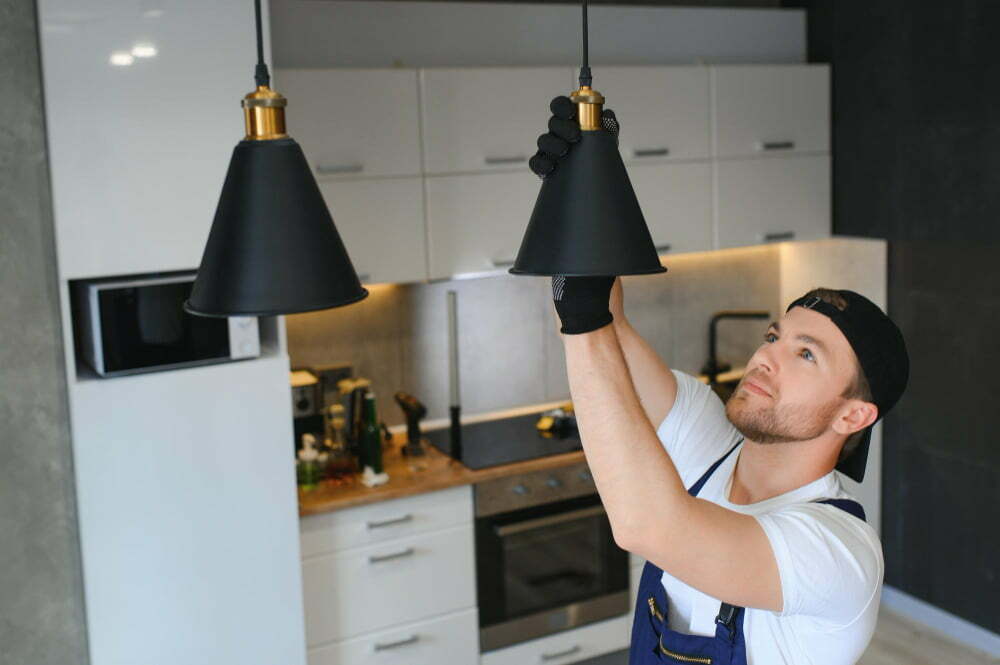Last updated on
Proper electrical safety is fundamental to any home. Meanwhile, it is the best time to improve your home’s electrical wiring and introduce good safety practices and standards if you are renovating.
Therefore, to simplify the upgrading tasks, we have created this guide that gives you ten important electrical safety tips during a home renovation project. So scroll on and make your home safer during and after the renovation.
Important Electrical Safety Tips to Keep in Mind During Home Renovations
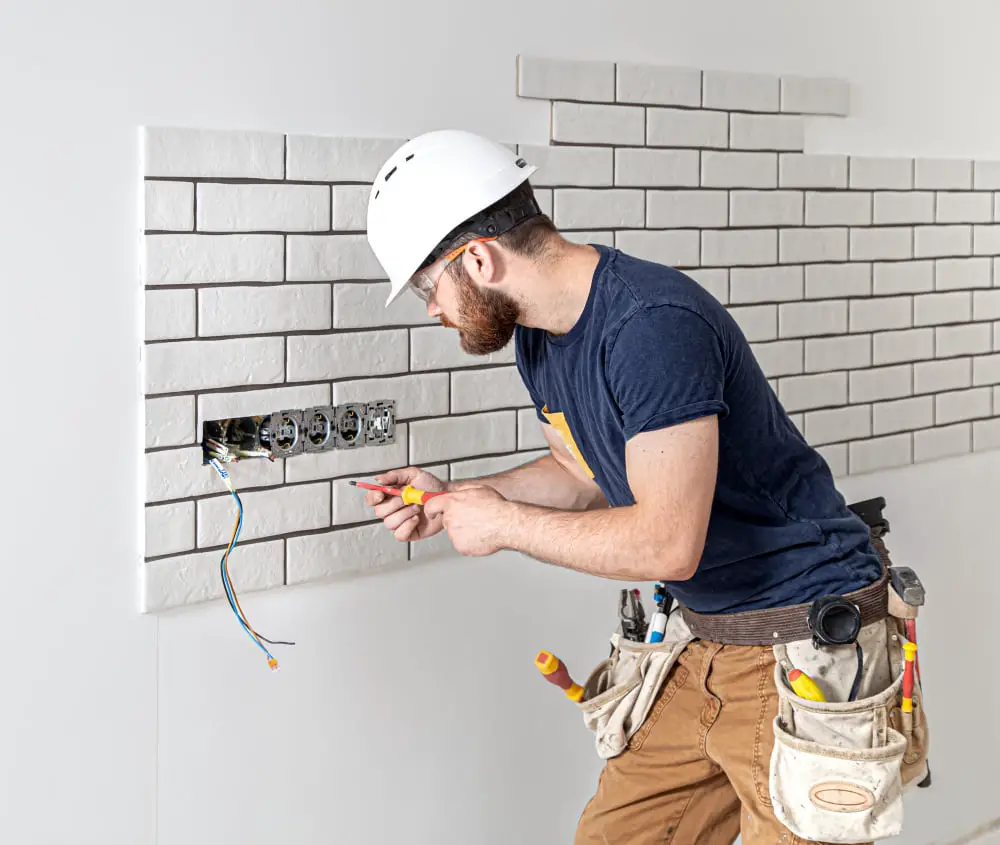
A good home renovation requires a good plan. But we often forget about electrical safety when DIY-ing their renovation. Not anymore! Here are ten important electrical safety tips to keep in mind.
Start With an Electrical Check Up
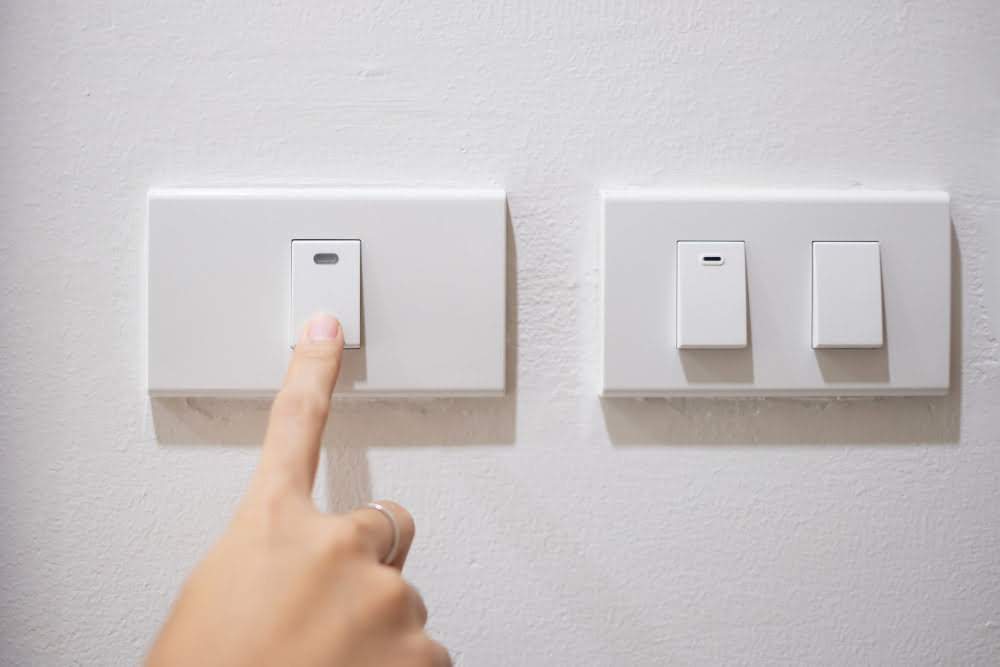
Before performing any kind of renovation, always do an electrical safety check. It will help you stay on top of things and detect potential hazards before they become a problem.
When we say do an electrical check-up, we are not talking about digging into your home’s main power source. Or ripping apart the wiring inside the walls to check for damage. No!
That can be very dangerous if you do not know what you are doing. Rather check for the simple and common stuff like:
- All the fuses working as intended.
- All switches working properly.
- The plugs fit in your outlets.
- Any wires running under rugs.
- Look out for any frayed cords.
- Check for risky water sources near the cables (any water near cables and outlets is risky).
- The wires running up against your furniture or not.
Unplug All Electrical Appliances
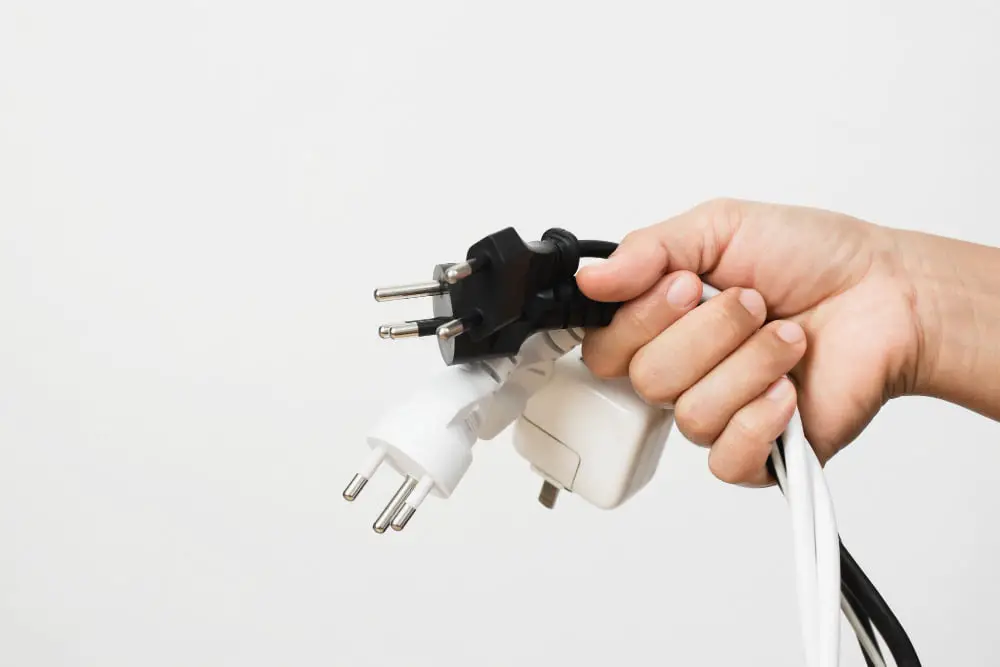
Next up, you should unplug all electrical appliances before you start renovating your home. Trust us; it is easy to keep one mistakenly plugged in. It can cause many problems.
Plugged-in appliances will continuously draw electricity from the wall. You might be doing some simple electrical work somewhere else, unaware that you are working on a live wire.
So, unplugging all the appliances during renovation is always a good idea. After renovations, keep appliances you do not use regularly unplugged. It can also save them from unexpected power surges.
Realize Which Tasks Are Best Left to Professionals
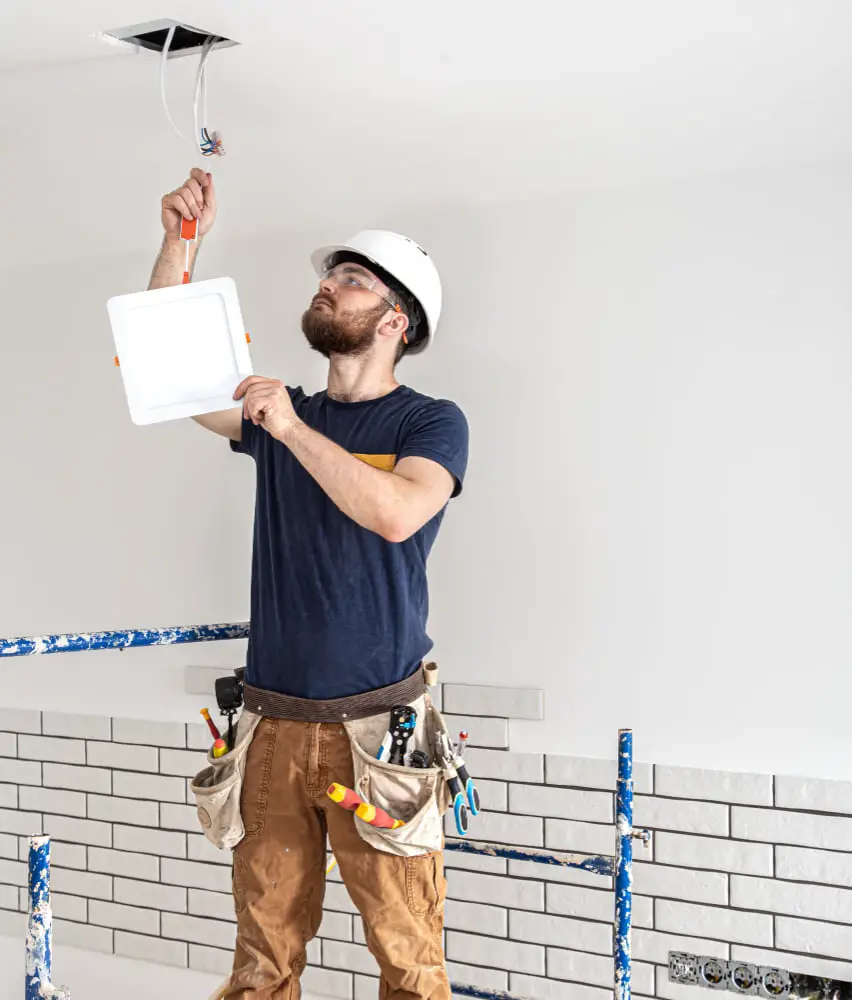
If you have some experience working on the electrical wiring in your house, that’s great. We are sure it came in handy a couple of times. However, sometimes you should step back and reconsider DIY.
Repairing simple things around the house or plugging in a new refrigerator is easy. And it is fine if you do that yourself. However, if it is a little more dangerous, like installing ceiling fans or installing a new water heating system, it is best to seek professional help like ceiling fan installation in St. Louis.
Provide Correct Wattage for All Your Appliances
Ensuring correct wattage for all your appliances is very important. Not all places have similar wattage standards. And different appliances might require different wattages.
It is best to RTM here – read the manual. Your appliance’s manual will specify how much wattage it needs. Therefore, when renovating your home, ensure all your outlets can provide the desired wattage for your appliances.
Additionally, incorrect wattage can damage your appliances. Lamps and lights are especially susceptible to incorrect wattage. You might need to replace them earlier than you expected.
Cover All Outlets to Prevent Water Damage
Ideally, you should unplug all outlets during a home renovation. But that is not enough. You should also cover them to prevent any spill damage. Water and electricity do not jive well together.
It can cause short circuits, damage your appliances, and cause electrocution too. So, keep all water sources away from outlets. Additionally, never work on anything electrical with damp hands.
Dry your hands thoroughly before you begin any electrical work. And again, if the job is a bit technical, consult a professional.
Replace All Damaged Cords
Renovation is a good time to care for all those damaged cords and outlets. Frayed or exposed cords are dangerous at worst and perform suboptimally at best.
Replace all damaged cords, and repair any damaged outlets in your house. Doing this will give you a fresh start and make your house much safer.
Child Proof All Outlets
We cannot stress how important childproofing outlets are. Kids will be kids. They are curious little humans.
There are many horrific stories about children seriously hurting themselves near electrical outlets. You can use outlet covers to prevent your kid poking around in them.
So, it is unsafe to keep electrical outlets as is if you have kids in the house. Another good way to childproof outlets is by using tamper-proof receptacles – also called TR receptacles.
They are a standardized and very effective way of keeping children safe. TR receptacles stop kids from shoving in foreign objects.
Plus, they work just like normal outlets. Therefore, using your outlets normally is not any extra hassle.
Install GFCIs
GFCI stands for Ground Fault Circuit Interrupters. These are essential to install where moisture is common, like bathrooms and kitchens. GFCIs check for any disruptions in electrical flow which might cause shock.
If you are renovating your home, installing GFCIs is a very effective way to increase your home’s electrical safety. Moreover, older houses will also benefit from a GFCI.
Speaking of renovating, here are some bathroom renovation ideas to create a very luxurious and inviting space.
Do Not Overload Outlets
It might be tempting to plug multiple appliances into a single outlet to save space. But this can cause electrical overload and damage your appliances.
Never overload outlets, and also do not place two high-wattage appliances too close to each other. Here is a bonus tip, use a good circuit breaker. High-quality circuit breakers are an investment and can prevent electrical overload.
Ensure Air Circulation Around Your Appliances
High-power electrical appliances need a lot of power. Which naturally means heat.
When installing appliances, remember to keep enough space around them. It promotes air circulation and keeps appliances safe.
Restricting airflow to your appliances can cause them to overheat. There is also the very real chance of an electrical fire.
Therefore, never cramp electrical appliances into small spaces. And do not place them near flammable items.
Some items need at least one foot of space around them. For example, electrical dryers should be one foot away from the wall. The same goes for gas dryers.
The Takeaway
Renovating your home is exciting. If you do it right, it can give your space a whole new look and feel.
This is why renovating is also the best time to improve your home’s electrical situation (and make it safer). The tips above will keep you and your family safe during renovation.
Continue reading:
Recap
